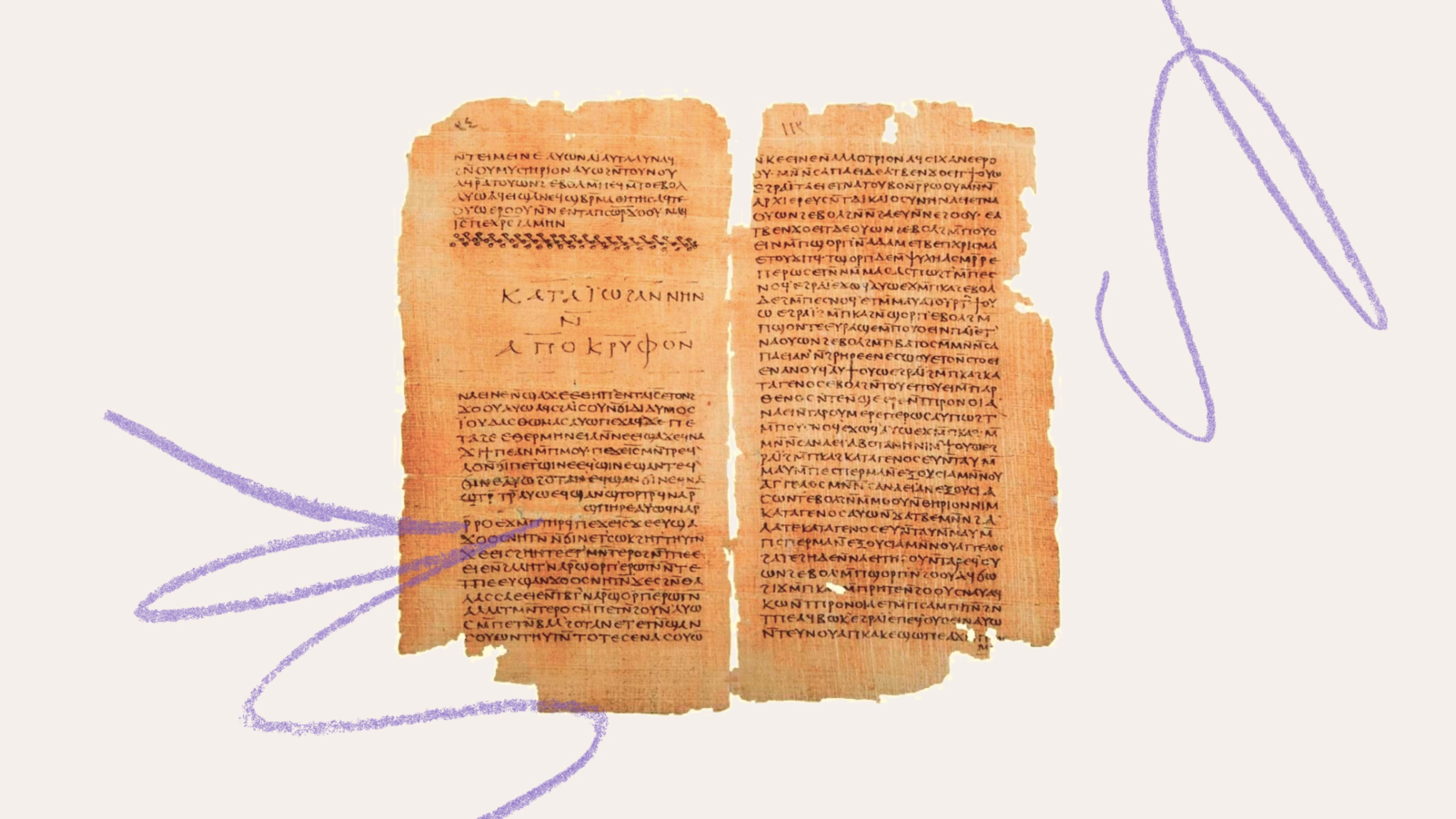America has always been a magnet for those fleeing religious persecution, particularly those displaced by the Thirty Years War and the backlash against the religious liberalism of the Renaissance.
Question: What makes America such a fertile breeding ground for the occult?
Mitch Horowitz: In many respects, America, from its earliest days, was and remains, the religious laboratory of the world. The entire culture of alternative spirituality, new age spirituality, the rebirth of esoteric and occult spirituality in the modern age, springs from America—and for very decided reasons.
Even back in its colonial days, America developed a reputation as a safe harbor for people with unusual or radical religious beliefs. The British Reformer and Quaker, William Penn, founded the City of Philadelphia in the early 1680’s—Philadelphia being the “City of Brotherly Love”—with the express ideal that Philly could be a place where people of different religions could live side-by-side successfully together. So from very early on in its existence, Philly was home to Quakers, Mennonites, people from radical offshoots of the reformation, people with mystical ideas from the Lutheran Church relocated to Philly. Eventually you had Catholics and Jews living there. And surprisingly enough, this all happened fairly quickly.
Roughly at the same time, Europe was still going through these spasms of violence and famine that grew out of a war that had just devastated central Europe that we all the 30 Years War. The 30 Years War was a complicated and very confounding conflict, but basically it pitted Protestant armies against Catholic armies. To some extent, it was a reaction to some of the religious liberalism, and, to a degree, to the occult revival that had emerged during the Renaissance. The 30 Years War just devastated the German-speaking portion of Europe roughly between the Rhine Valley in the West and Prague and Bohemia in the East. And its aftereffects were felt for generations. That area had been a unique laboratory of liberal spirituality and after the 30 Years War was supposedly finished, it was just devastated.
People who had mystical beliefs, who were interested in various strands of Christian mysticism, astrology, alchemy, number symbolism, the magical uses of hymn and song, those different groups and sects that had once been situated in that area, began to flee. And by the 1690s, they were fleeing to Philadelphia. They were fleeing to the New World. Word trickled back across the Atlantic fairly quickly that Philadelphia was a place where you could practice a whole variety of religious ideas without harassment.
So from the late 1690s on, Philly not only became a magnet for people who were fleeing this kind of religious backlash that had swept through Central Europe, but people began to arrive in America and discovered you could found communes here, you could found experimental communities. The earliest was on the Wissahickon Creek in what is now called the Germantown part of Philadelphia. There were others that spread out to the countryside around Philadelphia, on of the most long-lived and successful was the commune at Ephrata, whose building still stands.
So from very early on, America became a magnet for people who were fleeing religious persecution. And particularly people who were fleeing the backlash against the religious liberalism and the occult revival that occurred in the Renaissance. And if you follow the family tree, right up through 1776 you have different groups coming to this country. One of the best known is the "Shaking Quakers," or the Shakers, who fled persecution in Manchester, England, came to New York City in 1775; scraped together some money; moved up to the Hudson Valley outside of Albany in 1776, and started the first Shaker village in a town called Niskayuna. It’s still there. It’s there as a museum and it’s dilapidated, you can go and see it. And this was repeating itself again and again.
And so the fact is, America became a special source of attraction to people who were fleeing the aftereffects of the 30 Years War and the religious persecution that began to sweep through Europe in the period between the Renaissance and the Enlightenment. And when people got here, very often they succeeded. They founded their communes and organizations and communities without harassment. And America became this kind of laboratory for religious experiment.
Recorded on October 4, 2010
Interviewed by Max Miller






